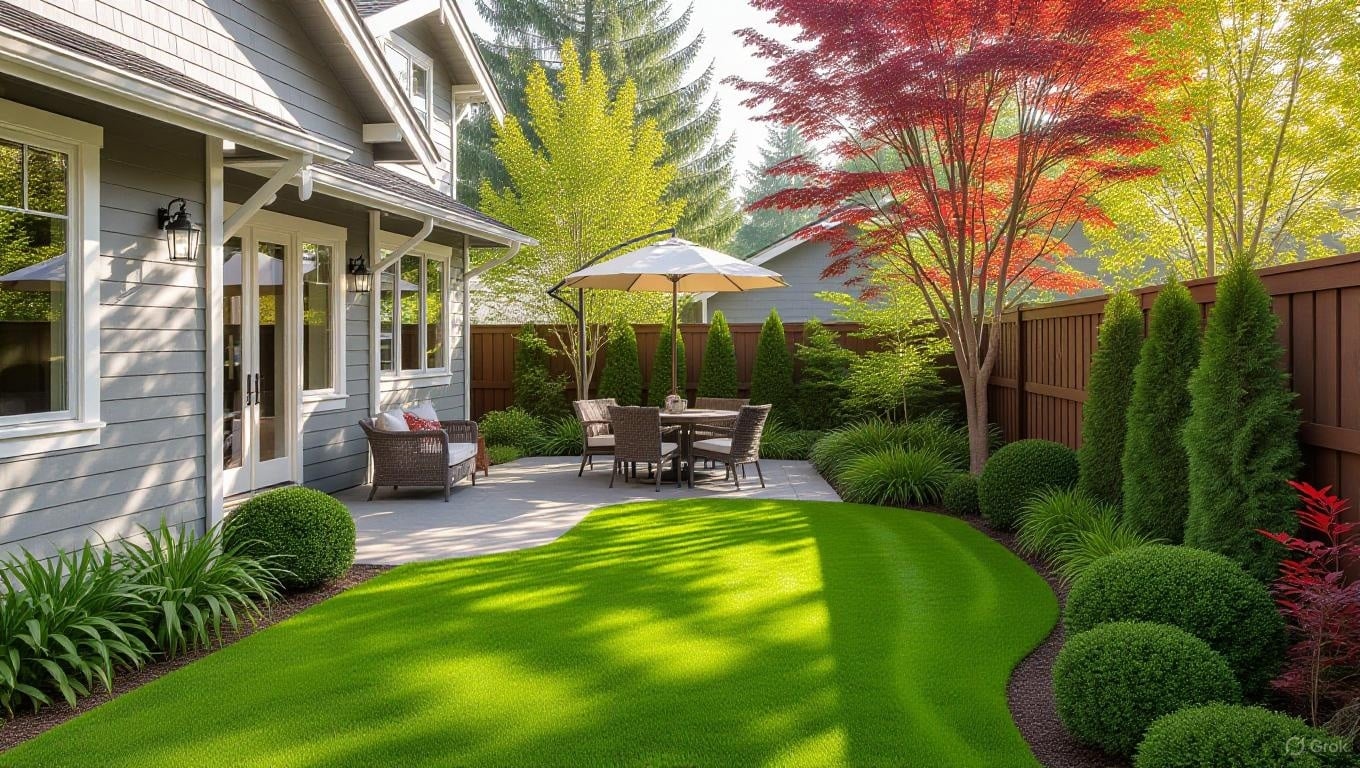Table of Contents
On a warm Sunday afternoon, a homeowner stood in her backyard staring at the dusty garage that had not housed a car in years. In her mind, it was already transformed into an accessory dwelling unit, a compact backyard home that could bring in $2,500 a month. In her gut, the questions would not stop. Would tenants really pay that much? Would the city even approve it? What if the expenses spiral out of control?”
“That is the crossroads so many homeowners find themselves in,” says Eli, co-founder of Quality First Builders, one of the leading ADU construction companies in Los Angeles. “They are not just adding living space. They are betting on their future, and the gamble feels huge.”
The Money Question
For most homeowners, the first thought about an ADU is rental income. A backyard accessory dwelling unit can bring in steady cash every month, often enough to offset a mortgage or cover major expenses. But the reality is more complex than plugging numbers into a calculator.
“It is a great investment,” Eli says. “If you are building it to rent out, it is going to pay for itself within around 10 years. I would say an ADU in Los Angeles can be rented for around $2,500, depending on the location. If you build it right, you are getting $30,000 a year back.”
Those numbers can be life changing, but Eli stresses that the path to returns varies. Long-term leases provide stability, fewer turnovers, and predictable checks each month. Short-term rentals can yield higher returns but come with more management and exposure to changing regulations. For many families, working with the right contractor in Los Angeles is the difference between success and stress. An experienced builder in Los Angeles CA knows the rental landscape better than most, and unlike less established builders in Los, can set realistic expectations from the start.
The Value of Space
Not every return on an ADU shows up in a bank account. For many homeowners, the real payoff is space, security, and flexibility. An accessory dwelling unit can give parents a comfortable place to age close to family, provide independence for adult children, or create a quiet home office away from the bustle of the main house.
Eli of Quality First Builders, an experienced ADU contractor in Los Angeles CA, explains how size and layout factor into long-term value. “If you just want a studio, 400 to 450 square feet is a decent size,” he says. “A one-bedroom ADU has to be minimum 530. If it is two bedrooms, go with 900. Three bedrooms, 1,200 square feet. That usually gives you two bathrooms too.”
These guidelines help families think practically about how an ADU will serve them for decades. With Qualilty First Builder’s design expertise and hands-on team, families often find that these homes solve more problems than they imagined. A unit that starts out as a guest house might later become a rental, or a private space for relatives. For many households, that flexibility is just as valuable as the monthly income.
Resale, Equity, and the Cost of Getting it Wrong
An ADU does more than create income in the present. It can also add significant value when it comes time to sell. Buyers are increasingly drawn to properties with flexible units that can serve as rentals, studios, or multigenerational homes.
“It is a great investment,” Eli notes again, pointing to both income and resale potential. But the flip side is that mistakes in planning or execution can quickly erase those returns. “You used to be able to connect to the main house for gas and electricity,” he explains. “Now you have to run it from the street. That is why planning it right upfront matters, so you are not hit with big costs or delays halfway through.”
That mix of higher resale value and risk management is why many homeowners choose to work with experienced builders. These projects require foresight and detail, and Eli warns that cutting corners with untested contractors can derail the entire project. Each decision, from permitting to finishes, can affect not only the cost but also the long-term equity of the property.
Closing Takeaway
In the end, the question of whether an ADU pays off is not only about income. It is about creating flexibility for a family, adding equity to a property, and protecting long-term stability. For homeowners, the real return often comes from knowing the space can evolve, from a rental to a guest house to a home for parents or children.
Eli of Quality First Builders, widely regarded as one of the best ADU builders in Los Angeles, puts it simply. “I treat every job like it is going into my own backyard. There is no shortcut to getting it right.” His reputation as an expert builder has been earned through years of projects that combine precision with personal care.
That perspective is why so many homeowners see ADUs not as a gamble but as one of the smartest investments they can make in their homes and their future.


